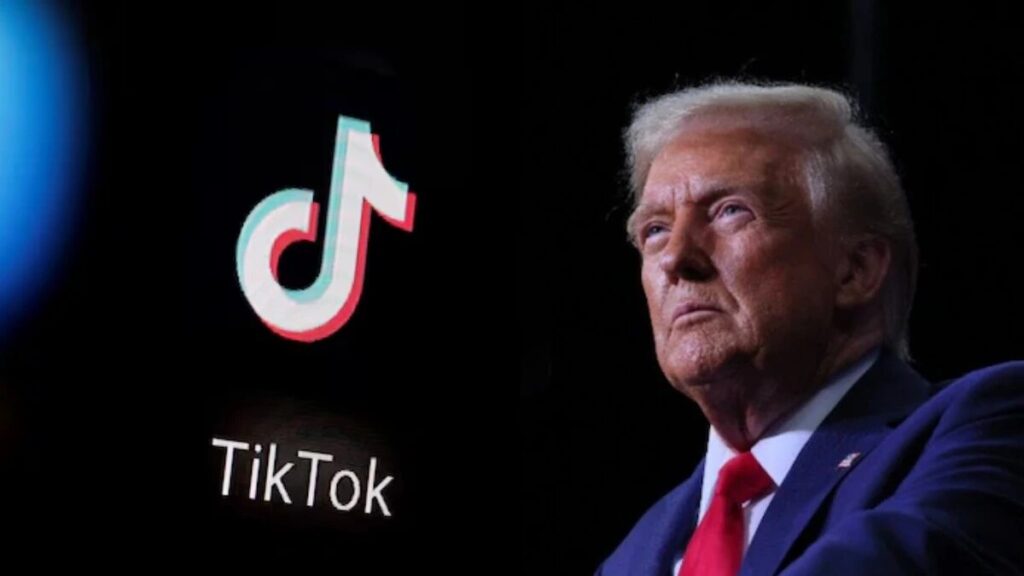Alternatives Emerge as Uncertainty Grows
The prospect of a TikTok ban has already prompted some users to explore alternatives. Chinese app RedNote, for example, gained nearly 3 million U.S. users in a single day, according to analytics firm Similarweb.
TikTok, meanwhile, remains silent on the developments, leaving users and employees in limbo. ByteDance, which owns TikTok, is privately held, with institutional investors like BlackRock and General Atlantic owning approximately 60%, and the remaining shares divided between founders and employees.
Concerns over TikTok’s Chinese ownership center on fears that the Chinese Communist Party (CCP) could exploit the app to collect user data or disseminate propaganda. These apprehensions have driven legislative efforts to force ByteDance to divest its U.S. operations.
Despite Trump’s attempts to broker a deal, the Biden administration has indicated it will not intervene in its final days unless ByteDance presents a credible divestiture plan. The U.S. Supreme Court is deliberating whether to uphold the law mandating TikTok’s ban, overturn it, or grant a stay to allow more time for negotiations.
A High-Stakes Decision with Broad Implications
The outcome of these deliberations will have far-reaching consequences for TikTok’s future in the U.S., as well as for the broader tech landscape. If a last-minute reprieve is granted, it could pave the way for a new chapter in U.S.-China tech relations, balancing national security with the app’s massive user base and cultural influence.
As TikTok’s fate hangs in the balance, the unfolding narrative underscores the challenges of navigating national security concerns, public demand, and political pressures. The next few days will be critical in determining whether TikTok survives as a cultural and economic force in the U.S. or succumbs to the growing tensions between Washington and Beijing.
